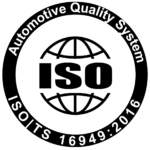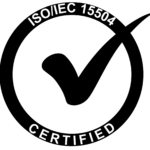- What we do
ENGINEERING
DIGITAL
INDUSTRIES
SOLUTIONS
- Who we are
- Resources
- Contact Us
 India | EN
India | EN
“
The field of VLSI has a promising future with several key trends and advancements on the horizon that will continue to revolutionize various domains, including communications, healthcare, automotive, aerospace, and beyond.
Why SpanIdea
What sets us apart is our unwavering commitment to excellence and customer satisfaction.
Discover how our customized solutions have empowered businesses to overcome challenges, leverage new opportunities, and achieve their goals.

Get in touch with Spanidea to explore how our software solutions can propel your business forward.




